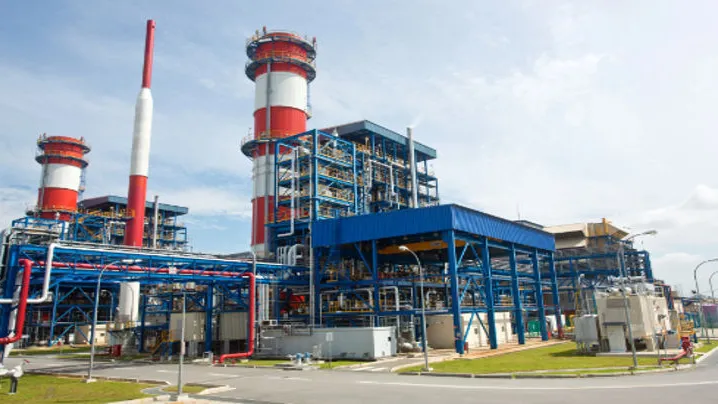
Singapore's hydrogen gas turbine market heats up
The city-state’s hydrogen-powered plants are expected to cut its carbon emissions.
Singapore is seeing an increase in power plants ready for cleaner fuels, with Keppel Ltd. and PacificLight Power Pte Ltd. developing gas turbine projects compatible with hydrogen.
This is in response to a government requirement that all new and repowered natural gas power plants be at least 30% hydrogen-compatible by volume.
Hydrogen-compatible gas turbine technology is implemented by retrofitting and upgrading combustion turbines to create co-firing systems that burn natural gas and hydrogen, according to South Korea’s Hanwha Group.
On 26 November 2024, Keppel installed Singapore’s first hydrogen-compatible co-generation power plant at the Keppel Sakra Cogen Plant. The 600-megawatt (MW) combined-cycle power generation plant is the most energy-efficient plant of its kind in Singapore, according to Keppel. The plant can also produce steam for use in industrial processes for energy and chemical customers on Jurong Island.
The plant is 80% complete and on track to start operations in the first half of 2026.
Meanwhile, the Energy Market Authority on 3 January awarded PacificLight the right to build, own, and operate a hydrogen-ready combined cycle gas turbine facility on Jurong Island.
"We added a battery to our power plant to use the full power of our new gas turbine, which is much bigger than the 600-MW limit for plants without backup,” Yu Tat Ming, CEO at PacificLight said in a Zoom interview. “The battery lets us use all that power without overloading the grid.”
A hydrogen gas turbine reduces the natural gas needed to generate pressurised gas during combustion, resulting in an energy production system with lower carbon emissions.
“Natural gas will continue to dominate in the coming years,” Yu said. “When we chose the plant, we needed to ensure that we could deliver an immediate and long-term impact on the environment.”
Yu said PacificLight’s grid emission factor is about .412 tonne per megawatt-hour. “We expect our hydrogen-compatible gas turbine to be at least 14% lower than this emission.”
Based on PacificLight’s estimates, the plant can supply electricity to 850,000 out of Singapore’s 1.4 million households once it becomes fully operational next year.
“By having the most efficient plant, our fuel costs will also be lower,” he said. “Because we emit less carbon dioxide for each unit of electricity generated, we will incur less carbon tax.”
Yu said the city-state’s carbon tax is expected to rise to $45 per tonne next year and to $60 to $80 per tonne by 2030 from $25 now. “Whatever savings in terms of fuel costs or carbon tax that we incur, we intend to pass on these savings to the consumer.”
Keppel expects the Sakra Cogen plant to cut the amount of carbon dioxide it generates by 200,000 tonnes yearly, or 6 million tonnes for 30 years — the expected life of the plant.
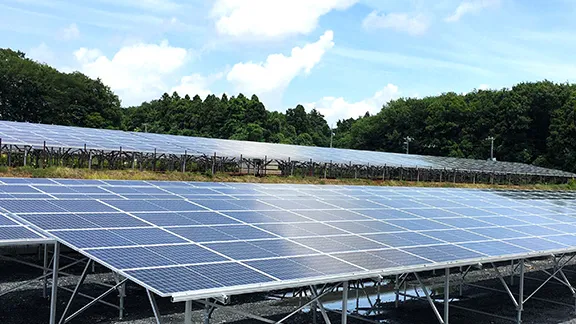

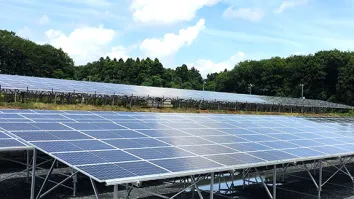
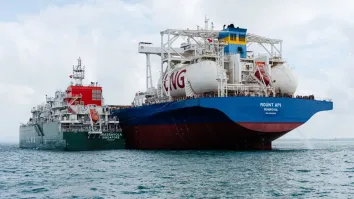
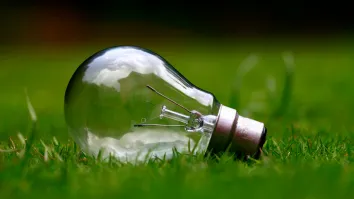













 Advertise
Advertise







